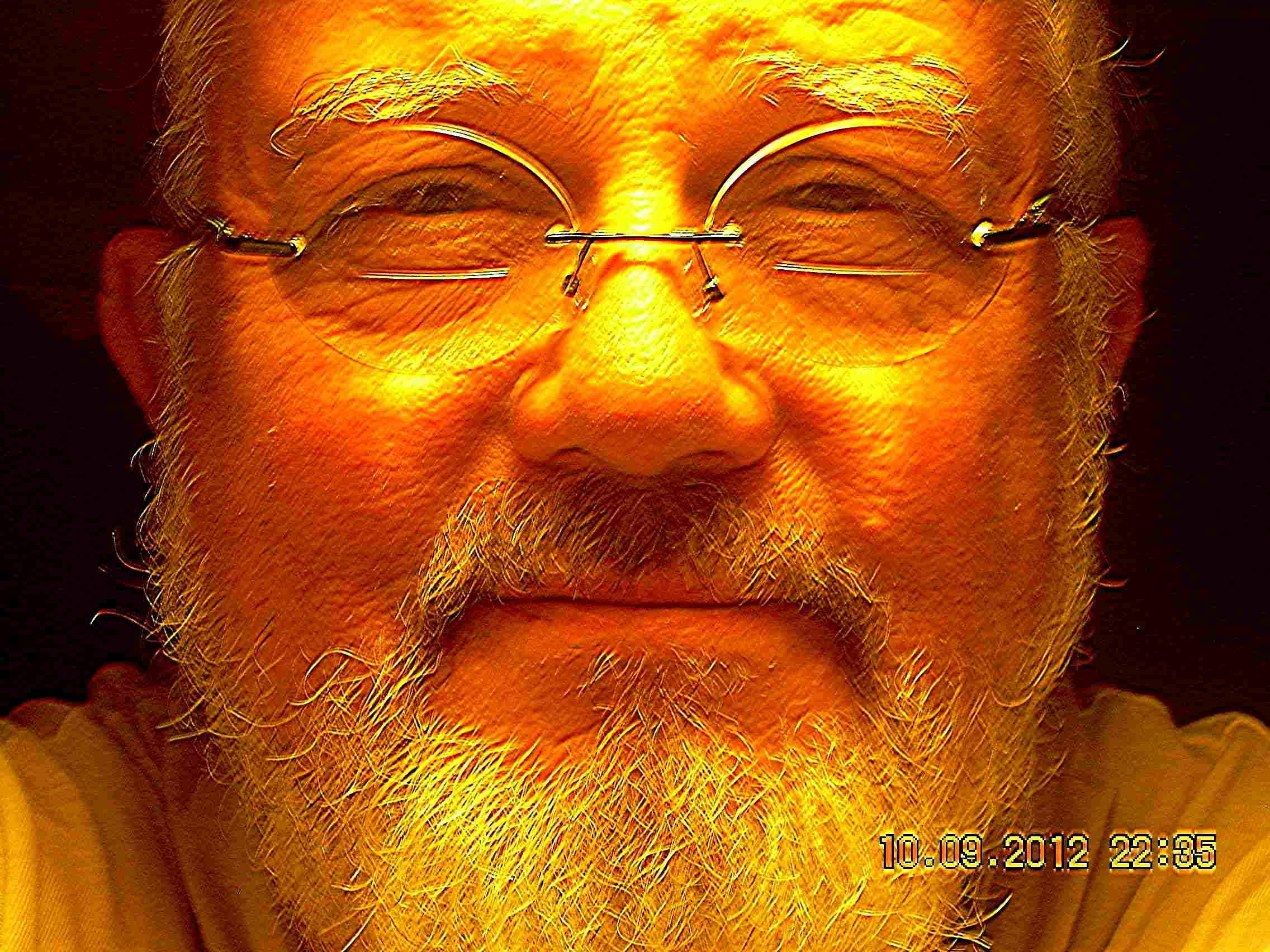Notice the words "almost irrefutable" a couple of paragraphs back. The Vva described in the last few paragraphs is only "verified" by one person, the voter. It is the most basic form of Vva and while simple, it is quite formidable when compared to the systems fielded election day by virtually all U.S. Registrars.
If a Vva were to ever get to court, expect a full court press on the part of opposition attorneys. They will almost certainly attack even the slightest anomaly. If they have nothing else, expect them to blow the least little molehill up to the size of mountains.
One such thing that may be challenged is the voter them self. Did the voter possibly lie? Were they mistaken? Did they forget? Did they change their mind? Could they have altered their own vote to purposely skew and discredit the Vva's results? These and other questions could be used to sway a judge, a judge that may require very little in the way of 'sway'.
The ideal would be another person in the voting booth with the voter. A person who could verify, witness and authenticate the selections of the voter. In California a voter may bring another person into the booth to assist them. I assume this is allowed in other states as well and if it isn't, then it should be. After all, it's your vote. If those who steal it are possibly seeing it, then why shouldn't a verifier of known good character be allowed in, with your permission, to prevent that theft. The authenticator would thus authenticate and corroborate (with the voter) each individual vote, eliminating any question as to the veracity of each, individual verified vote.
This type of Vva is the A Vva, or Authenticated Voter verified audit. It is important to understand its vital components and their significance. First, the A Vva is considered to be irrefutable, because it covers all contingencies with human authenticated verification. In an A Vva the authenticator would also later check through the Internet all votes they verified the previous day. This way end-to-end verification of each vote is provided by two human witnesses, the voter and the authenticator, who were actually present at the precise moment and place the vote was cast.
Note: If an A Vva cannot be used for any reason, the ordinary Vva is still available and quite powerful.
Second, Vva's data source isn't taken from the vote. Just the opposite. The data source of the vote is taken from Vva. You see, Vva's source is the "original" form upon which the voter imprints their choices. What the registrar gets is only copied from that original. Therefore, Vva's data source is created previous to the time and place the vote is actually made. Any one tampering with the vote on the registrars side is only acting "after the fact" so far as time and place is concerned, making it inherently impossible to alter Vva's data, before that data is sampled and run through another separate and entirely independent system.
These two features are something no vote count of any Registrar of Voters in the United States can presently provide, thus throwing their vote count into serious question should a discrepancy arise. Currently the Registrars final vote tally is accepted without question because, though clearly problematic, it is more robust than any other alternative (primarily because - there is no other alternative). Vva will change that. In a court of law, Vva must be considered the more robust system and thus trump any discrepancy.
This article has been drawn from a new eBook by M. J. Sperry entitled: Desiderata of the Citizen Vote
The book details Vva and presents Jefferson, the protocol for conducting Vva, as well as other innovative solutions to world and national problems.
"
addendum: For a long time something that has become almost mantra-like has been making the rounds. It is the "paper" ballot which has, more than anything, served as a "distraction" from the real solution; voter"verification"
In the ground breaking book: Votescam: The Stealing Of America, the authors James & Kenneth Collier detail an event in which they secreted an 8mm film camera into an area where a vote count was being conducted in Dade County, Florida. There they filmed "vote counters" fraudulently removing ballots from stacks and replacing them with others. These were ballots made of "paper".
The only thing that would have detected that fraud would have been a system of "voter verification". An electronic machine that issues a "voter verifiable" receipt, is considered to be superior to any "paper" ballot that cannot be voter verified.
...
Email: Email address removed
Next Page 1 | 2 | 3 | 4 | 5 | 6 | 7 | 8
(Note: You can view every article as one long page if you sign up as an Advocate Member, or higher).





